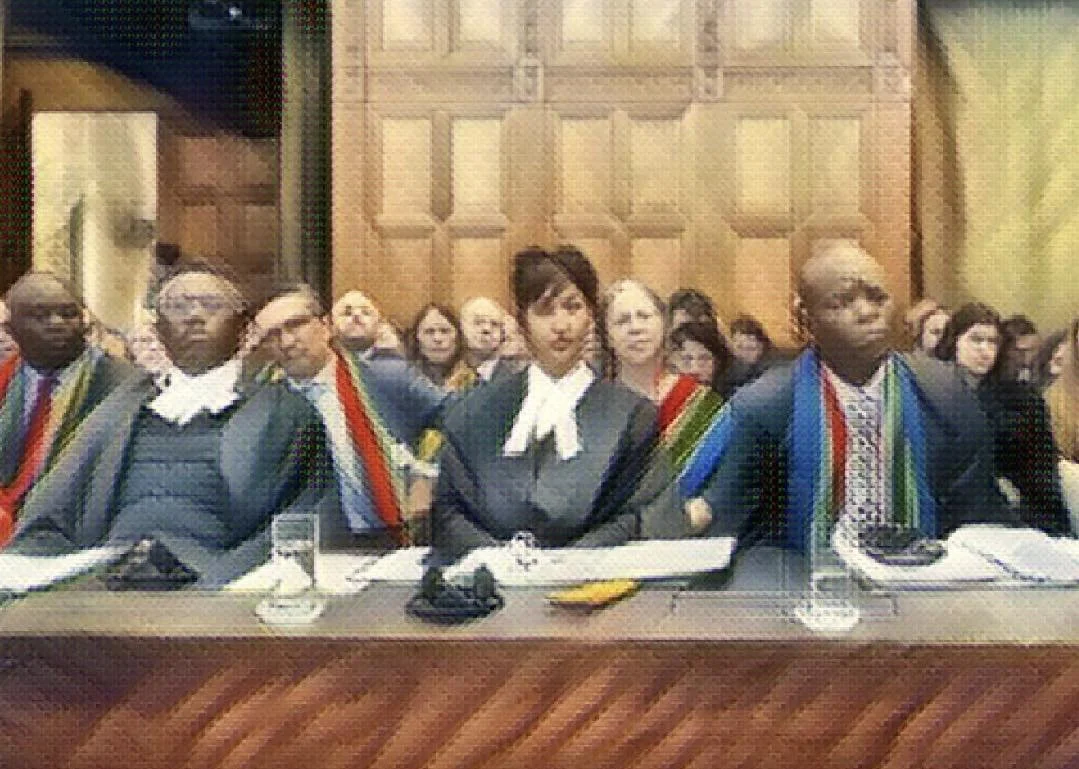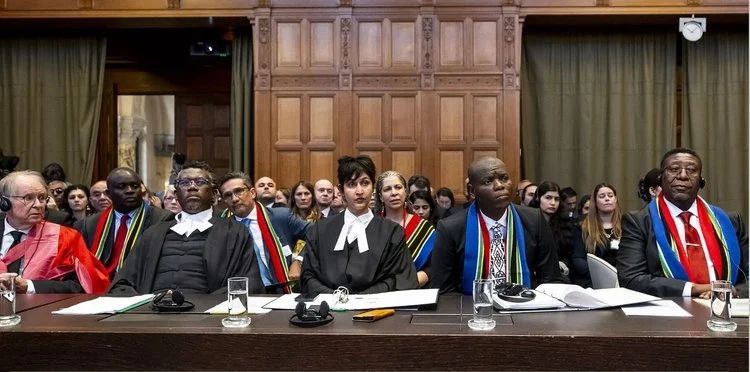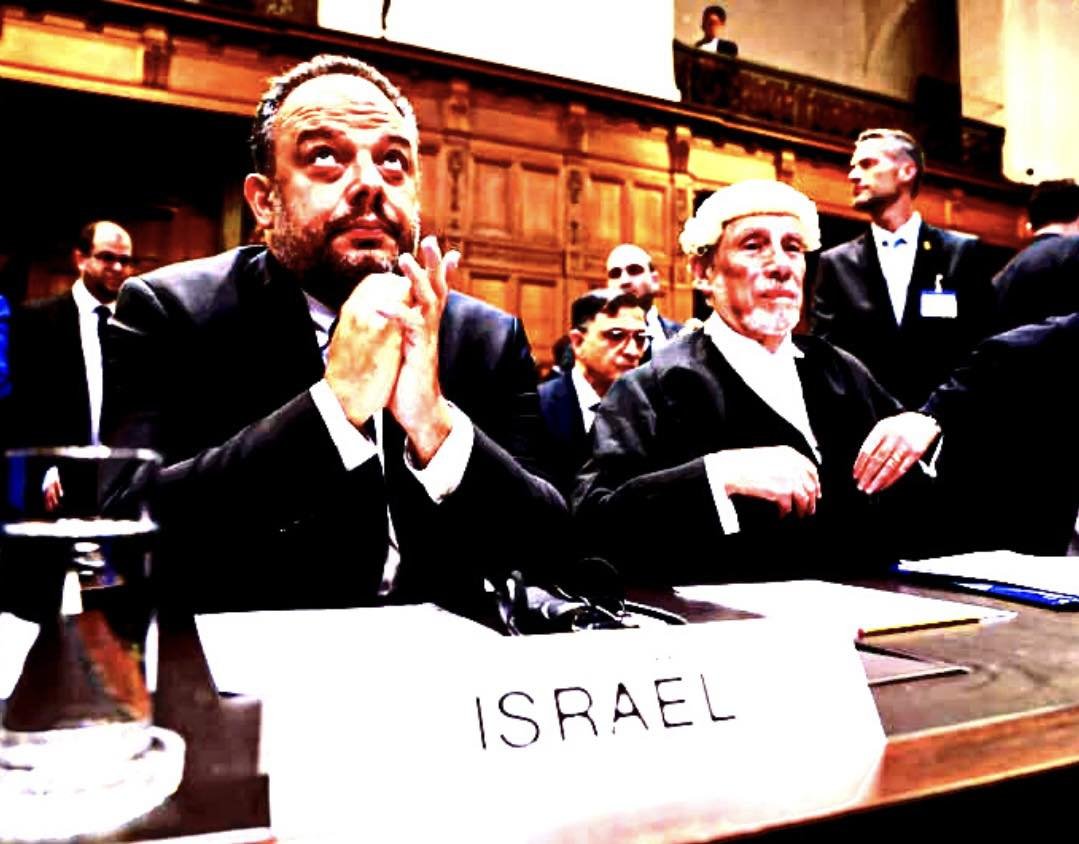The Significance Of South Africa's ICJ Case Against The Apartheid State Of Israel
It should come as no surprise that the one country in the world brave enough to take on the Apartheid state of Israel in pursuit of justice for the Palestinian people is none other than South Africa, itself a victim of European settler-colonialism and apartheid.
Supported by the 57-member Organisation of Islamic Countries, the 22-member Arab League and nine other individual countries from the Middle East, South America and Asia, South Africa is aiming to bring to justice a terrorist state that has so far murdered tens of thousands of innocent civilians, injured tens of thousands more and has displaced nearly two million people in a tiny area less than half the size of County Louth.
In fighting it’s case, South Africa has submitted an 84-page dossier that documents a series of Israeli war crimes, along with the motivations of these acts, in order to prove that the Apartheid state of Israel is in breach of the 1948 Genocide Convention. The Apartheid state of Israel has argued its case against these charges, with is no being left to the International Court of Justice to undertake a lengthy investigation into the claims from both sides.
South Africa’s legal team seated at the International Court of Justice in The Hague, The Netherlands, January 2024.
Much to its shame, and despite overwhelming public support for Palestine, the Twenty-Six County government has so far refused to back South Africa at the ICJ.
This stance should come as no surprise from leaders of a government whose sole motivation is to keep foreign capital happy, in doing so guaranteeing themselves a top job in one of any number of these multinationals once they are finished with their ‘career’ in politics.
Regardless of the ICJ’s final verdict, it will be too little too late for the millions of Palestinians currently subjected to a savage campaign of mass murder and ethnic cleansing perpetrated by the Apartheid state of Israel.
However, if South Africa are victorious in their case and the ICJ does rule that the Apartheid state of Israel are guilty of perpetrating genocide, it could result in the imposition of several provisional measures aimed at preventing further acts of genocide being perpetrated against them.
Unfortunately, and as the world knows at this stage, the Apartheid state of Israel and its US/EU backers aren’t exactly known for abiding by international law.
Regardless, the symbolism of South Africa’s case in itself is a hugely important event for the population of the world to observe, especially for those in the countries of the Global South.
In one corner we have South Africa, a state that has cast off the shackles of apartheid, and in the other corner we have Israel, a state that is currently imposing a similar system on the people of Palestine, whilst also engaging in a campaign of genocide against them.
The Apartheid state of Israel's legal team at The Hague, The Netherlands, January 2024.
South Africa’s case is doing precisely what the Apartheid state of Israel has sought to avoid for decades, this being the laying out of every sordid detail of their campaign of genocide against the Palestinian people.
The Apartheid state of Israel has attempted to crush any attempts to document and report on its many war crimes, and nowhere are these attempts more apparent than in the last few months in Gaza where nearly 120 journalists have been murdered. The chilling effect of these killings has no doubt deterred other journalists from reporting of the situation on the ground.
Éirígí For A New Republic applauds South Africa for bringing this landmark case to the ICJ in defence of the Palestinian people and looks forward to the day when all states are restrained by the limitations of the 1948 Genocide Convention.
Éirígí For A New Republic will continue to stand with the Palestinian people as we have done for the last eighteen years. As internationalists, we recognise that their struggle against the Apartheid state of Israel is at one with our own struggle against British aggression in Ireland. Their struggle is our struggle, and our struggle is their struggle.



